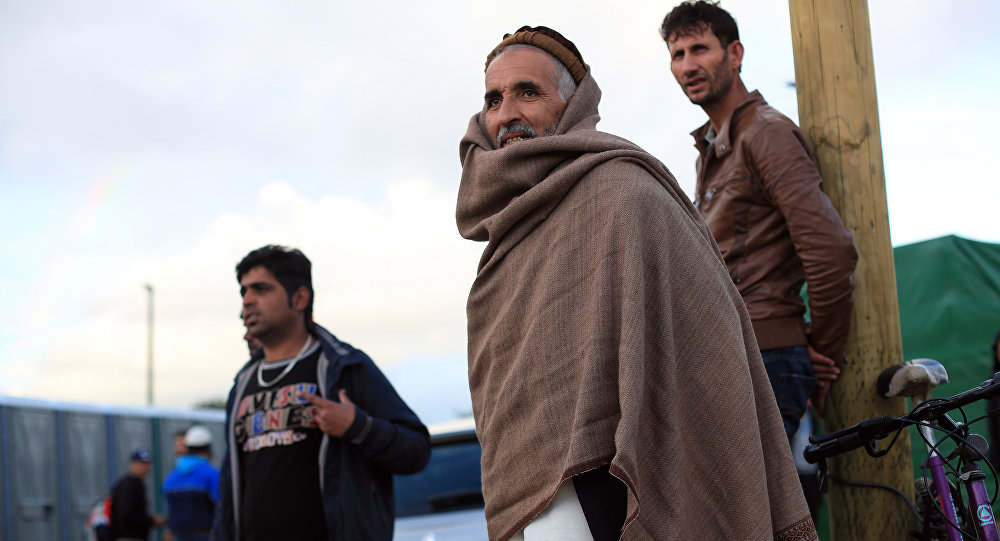-
Tips for becoming a good boxer - November 6, 2020
-
7 expert tips for making your hens night a memorable one - November 6, 2020
-
5 reasons to host your Christmas party on a cruise boat - November 6, 2020
-
What to do when you’re charged with a crime - November 6, 2020
-
Should you get one or multiple dogs? Here’s all you need to know - November 3, 2020
-
A Guide: How to Build Your Very Own Magic Mirror - February 14, 2019
-
Our Top Inspirational Baseball Stars - November 24, 2018
-
Five Tech Tools That Will Help You Turn Your Blog into a Business - November 24, 2018
-
How to Indulge on Vacation without Expanding Your Waist - November 9, 2018
-
5 Strategies for Businesses to Appeal to Today’s Increasingly Mobile-Crazed Customers - November 9, 2018
European Union court backs ban on prisoners voting
The UK’s ban on prisoners’ voting rights could be ruled unlawful by the European Court of Justice, which is deciding on a similar case in France.
Advertisement
Today the European court of Justice ruled it is lawful for countries like Britain to impose a voting ban, but only on prisoners convicted of serious crimes.
In a battle on a similar issue with the Strasbourg-based European Court of Human Rights – not an EU body – Cameron’s government has refused judicial demands to amend its legislation.
The European Charter enshrines the right of EU citizens to vote in European elections.
The Government’s hand was strengthened by a Commons vote in 2011 when MPs overwhelmingly supported the retention of the ban.
The court said in a statement: “In this case, the Court considers that the ban to which Mr Delvigne is subject is proportionate in so far as it takes into account the nature and gravity of the criminal offence committed and the duration of the penalty”. Prisoners’ rights should be something that lies exclusively with sovereign states.
The French prisoner who brought the challenge, Thierry Delvigne, had been automatically banned from voting at the time of his conviction in 1988 under a law in force at the time which imposed a blanket ban on those sentenced to more than five years’ imprisonment.
However critics said that the judgment potentially opened the way for thousands of prisoners convicted of lesser crimes to challenge the ban through the courts.
“The ECJ ruling comes down to the fact we should not be answerable to a foreign court!”
A Government spokesman said: “The United Kingdom welcomes this opinion, which supports our view that we are entitled to ensure only European Union migrants who have a right to be in the United Kingdom can claim our benefits”.
October 6 A senior adviser to the European Union’s top court recommended on Tuesday that it dismiss a case against Britain brought by the EU executive, which had complained that restrictions on welfare payments discriminated against non-British EU citizens.
The ECJ will now consider Mr Villalon’s opinion before ruling on the Commission’s objection to Britain’s laws.
“However, this is just the advocate general’s opinion, and we look forward to the ECJ’s judgment in due course”.
“If adopted by the court it bodes very well for David Cameron’s renegotiation programme”.
British prime minister Cameron’s government has warned European leaders that resistance to its clampdown could put Britain’s EU membership in doubt ahead of an in-out referendum by the end of 2017.
Advertisement
The original Hirst ruling in Strasbourg, which has been upheld by subsequent human rights rulings, made clear that it was the blanket voting ban on all prisoners that the judges regarded as breaching basic human rights.




























